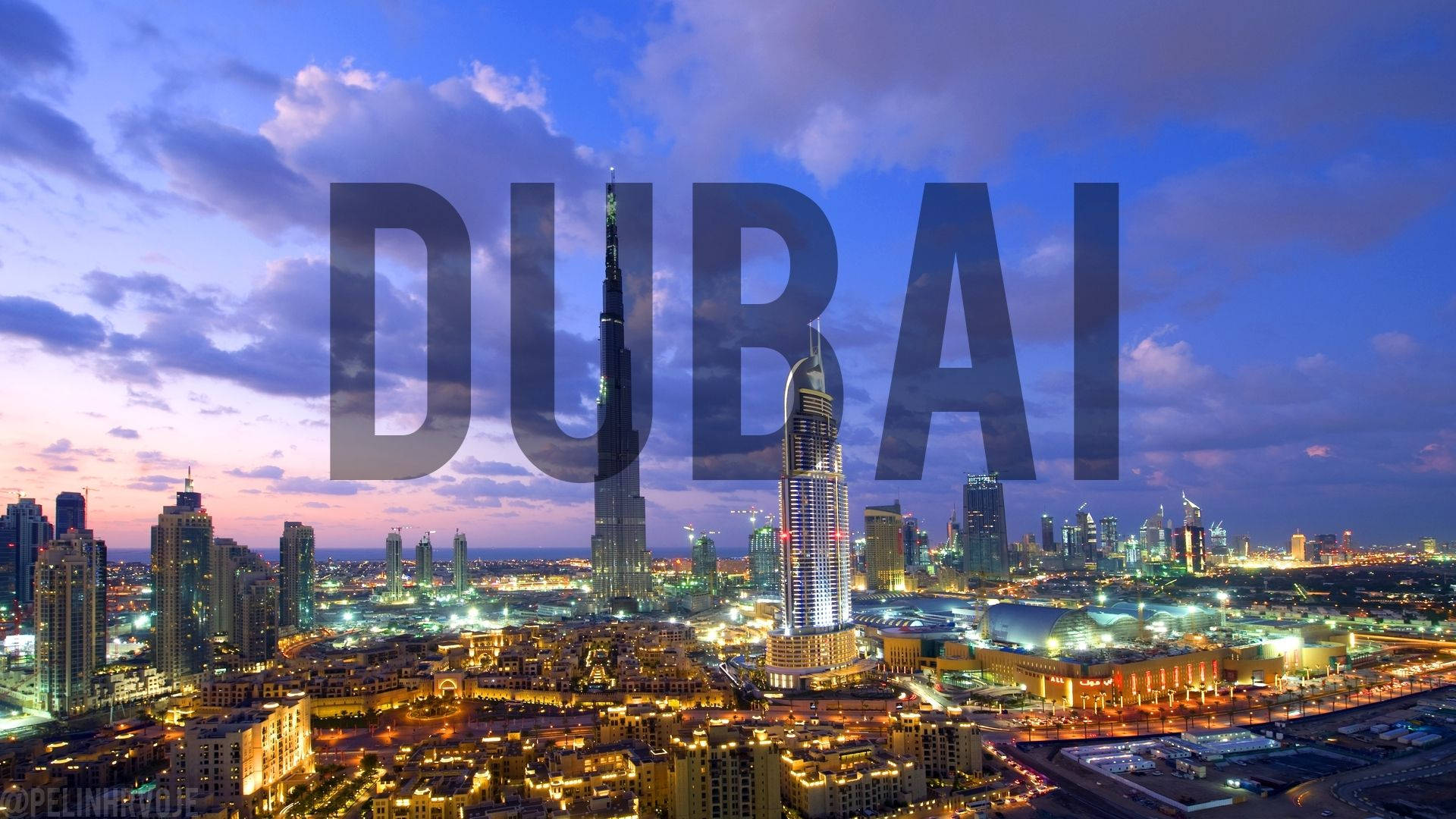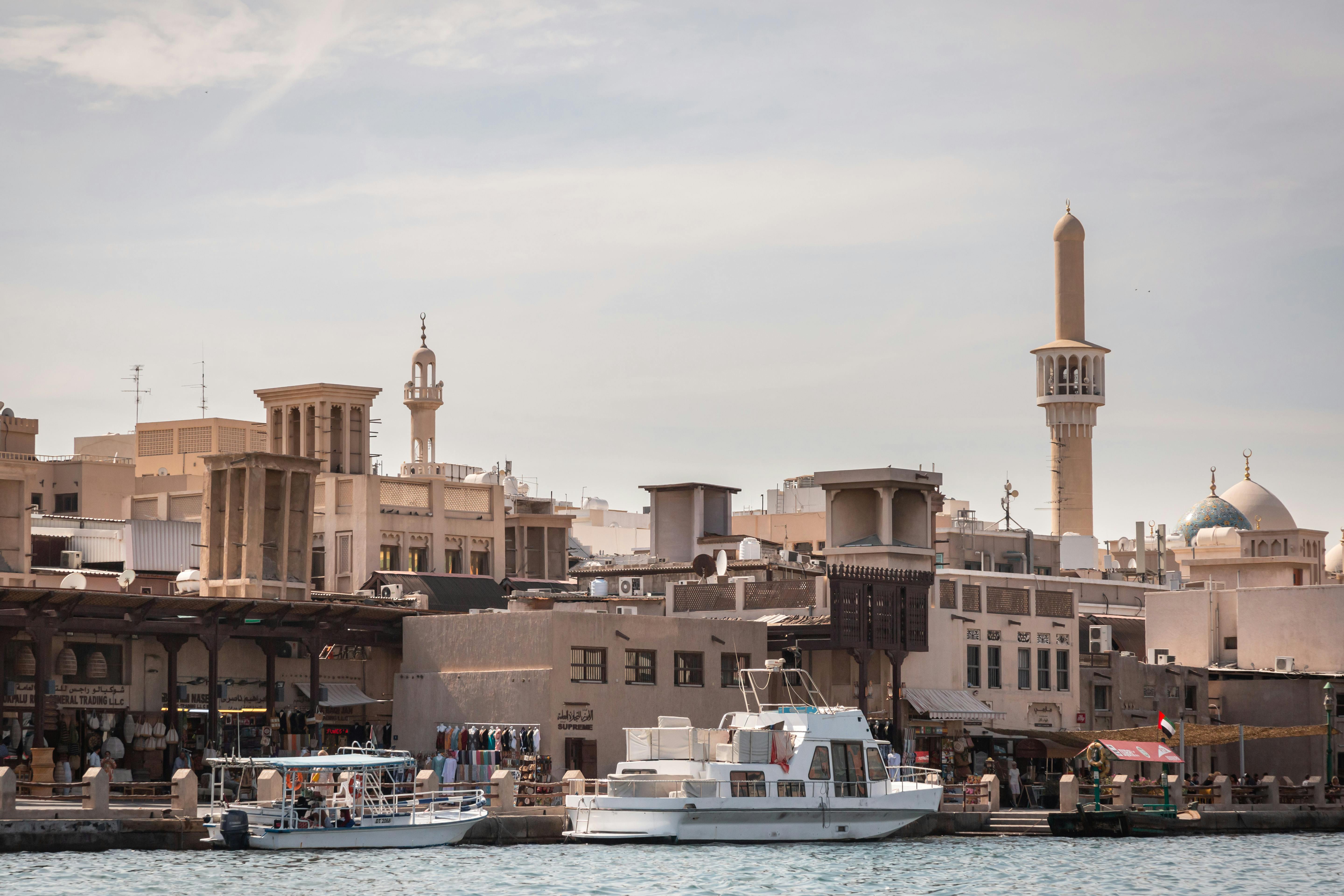
The U.S. administration announced a new tariff package that primarily targets sectors such as electric vehicles, solar technologies, and industrial metals. While the UAE is not directly targeted, the interconnectivity of global markets meant that local investors felt compelled to act swiftly.
Among the worst-hit were major players in logistics, banking, and real estate. Concerns about rising costs, reduced exports, and tightening monetary policies elsewhere sent ripples through local stock holdings.
Global Impact Reflected Locally
The reaction in UAE markets highlights how closely regional economies mirror international financial behavior. Major construction firms and logistics operators saw immediate drops. For instance, Emirates NBD shares dropped 2.5%, while DP World recorded a 3.1% decline as traders worried about export bottlenecks.
Analysts say investor sentiment is largely being driven by uncertainty about future U.S.-China and U.S.-EU trade negotiations. With higher tariffs expected to dampen global trade, risk appetite has been reduced across emerging markets, including the UAE.
Expert Insight
“While the UAE’s fundamentals are strong, it is not immune to short-term volatility triggered by global policy shifts. Investors are repositioning portfolios for greater security amid rising interest rate risks.”
— Ali Mansoori, Market Analyst, Gulf Capital Research
Despite regional resilience, panic selling took place in specific sectors that are highly dependent on global trade and raw materials. Companies like Emaar and Damac saw moderate dips as commodity prices surged.
Sector-wise Performance Table
| Sector | Impact | Example Company |
|---|---|---|
| Logistics | High | DP World (-3.1%) |
| Construction | Moderate | Damac (-1.7%) |
| Banking | Moderate | Emirates NBD (-2.5%) |
| Retail | Low | Majid Al Futtaim (Stable) |
Investor Reaction
Many UAE investors have turned to safe-haven assets. Gold prices jumped 1.2% on the Dubai Gold & Commodities Exchange. At the same time, the UAE dirham remained stable thanks to the pegged exchange rate with the U.S. dollar and the Central Bank’s strong reserves.
Institutional investors are also seeking short-term treasury assets and rebalancing toward defensive stocks, especially in health care and utilities.
Long-Term Outlook Remains Positive
While the recent slide in financial indices has raised eyebrows, most analysts believe the long-term outlook for the UAE remains strong. Government-backed initiatives to diversify the economy, such as the "We the UAE 2031" strategy, aim to reduce reliance on global commodity cycles.
In addition, Dubai’s regulatory environment continues to attract international firms. IPO activity, particularly in tech and clean energy, remains on the radar of both institutional and retail investors.
With major expos, forums, and innovation events lined up in Q3 and Q4, Dubai’s ability to bounce back from global shocks continues to be a point of investor confidence.
Conclusion
The recent decline in UAE markets underlines how intertwined the global financial landscape has become. While short-term dips may unsettle traders, the UAE's solid foundation, diversified economy, and proactive fiscal strategies offer long-term protection from external turbulence.
Disclaimer: This article is for informational purposes only and does not constitute financial advice. Investors should consult professionals before making investment decisions.















Recommended for you
Dubai International Airport has Introduced Fully Biometric Passenger Jurney to Speed up Travel
Dubai Prepares for World’s Largest Green Energy Expo – 2025
Dubai’s Real Estate Market Hits New Heights
UK Travel Advisory: Dubai Safety Amid Geopolitical Tensions
New International Brands Launching in Dubai Malls 2025
Premier Inn Dubai Al Jaddaf
Skims steps into Gulf debut: Dubai is the first luxury city for Kim Kardashian's brand
RTA Launches Autonomous Water Taxi Service
Al Maktoum Airport: Dubai’s Mega Leap in Global Aviation
Sheikh Mohammed & Sheikh Mansour Unite on UAE Vision 2025